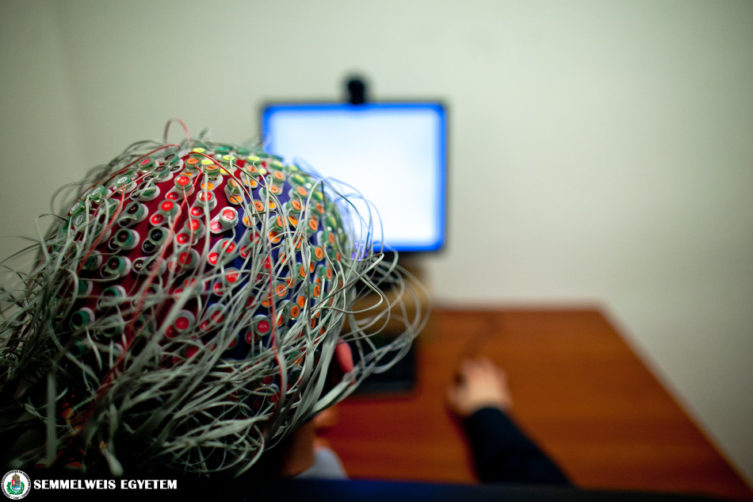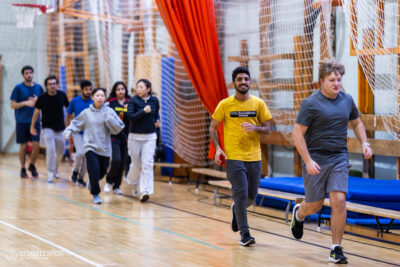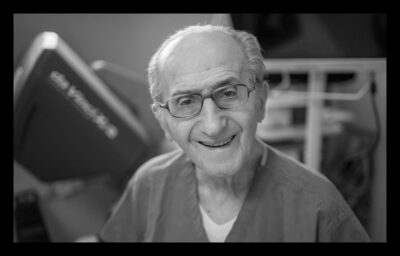32-year-old Péter always struggled to make friends and had difficulties interacting with his classmates in school. When he started working, he could not really adjust to the workplace environment. He has never been in a relationship in his life. He had to go see a psychologist because of his symptoms of anxiety. As the therapy didn’t have any results, he had to do further tests, where he was diagnosed with autism spectrum and depression. Following the diagnosis, he encountered additional hardships and challenges, as he didn’t know where to go for help.
In the light of present knowledge, autism spectrum disorder (neurodevelopmental disability) affects about 1-2% of the world population and it is often associated with anxiety, depression or other mental disorders. In recent years there has been a change in the attitude towards autism. Nowadays an increased number of patients only have milder symptoms, which do not affect speaking and only discover the signs of their autism spectrum disorder in adulthood. Unfortunately, there is no appropriate treatment available for patients in adulthood. It is usually difficult to recognize the emotional symptoms of autism, as autistic patients are not able to evaluate and talk about their own emotional state. Within the framework of this new research carried out by the Department of Psychiatry and Psychotherapy, Semmelweis University is looking for volunteers to participate in autism related examinations. The result may contribute to developing therapeutic options and getting better understanding of the psychological and neurobiological bases of autism spectrum.

The research group led by dr. Pál Czobor (associate professor of the Department of Psychiatry and Psychotherapy) and dr. Brigitta Kakuszi (research assistant of the Department of Psychiatry and Psychotherapy) uses a groundbreaking research method to measure the brain activity of a neurotypical and an autistic patient as they solve tasks on a computer at the same time separated from each other. During the test, participants also receive feedback of their performance. The brain activity is recorded by two, 256 channeled EEG machines. Research results are expected to provide a better understanding of the biological background of social cognitive difficulties in autistic patients and contribute to developing suitable therapy methods based on neurofeedback.
In the second research of the Department of Psychiatry and Psychotherapy, dr. Kinga Farkas and her research group will conduct a questionnaire survey on autistic and neurotypical patients and everyone who suspect they have autism. The questions of the survey may help identifying the most common disorders associated with autism (depression, anxiety) and choosing an effective psychotherapy. The questionnaire also includes questions about social relations, self-perception and perception of the outside world. The evaluated questionnaires might help researchers have a better understanding of the participants’ health status and find an effective way to support them.
Dr. Bálint Szuromi, Department of Psychiatry and Psychotherapy
Photo: Attila Kovács – Semmelweis University
Translation: Norbert Lukács


